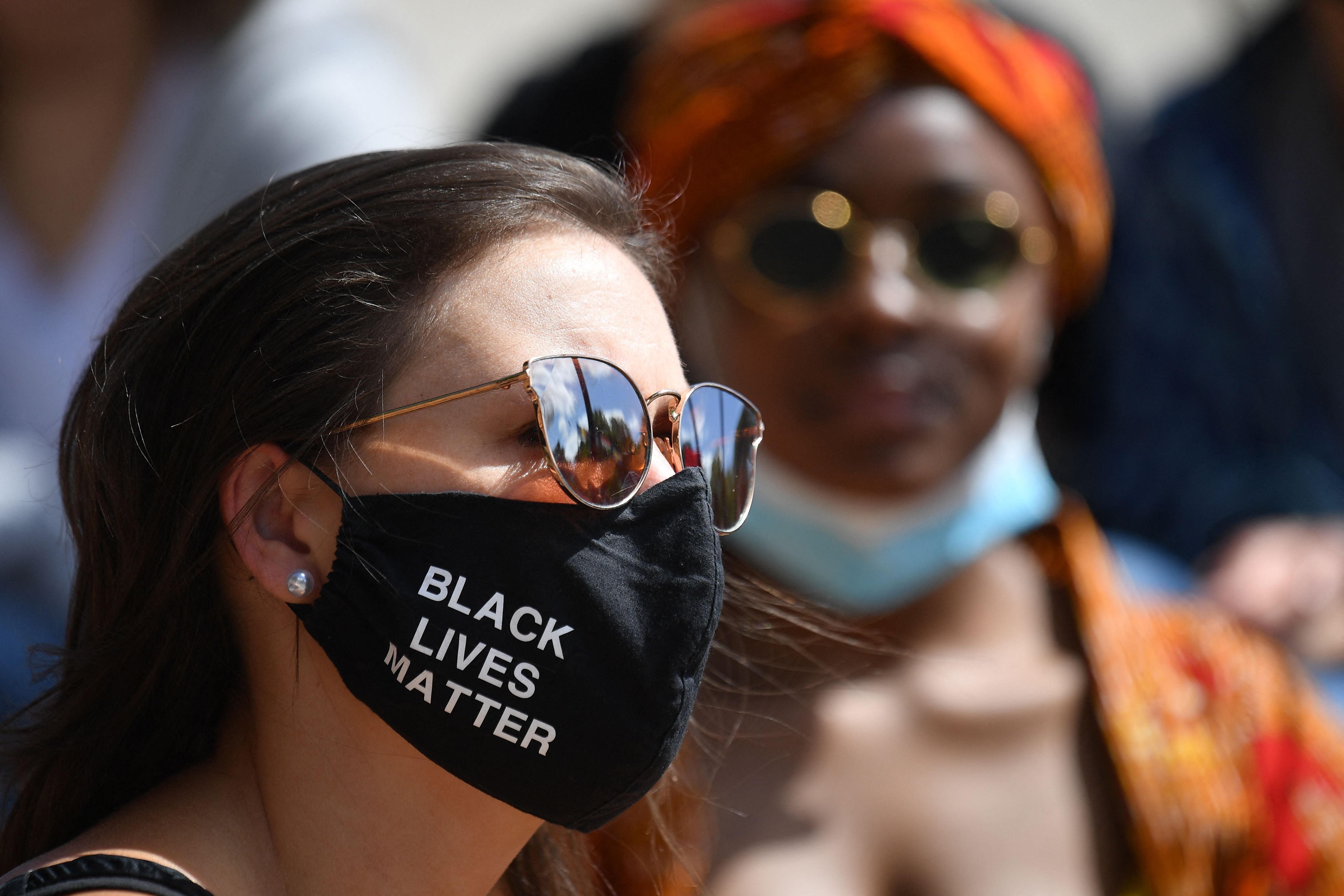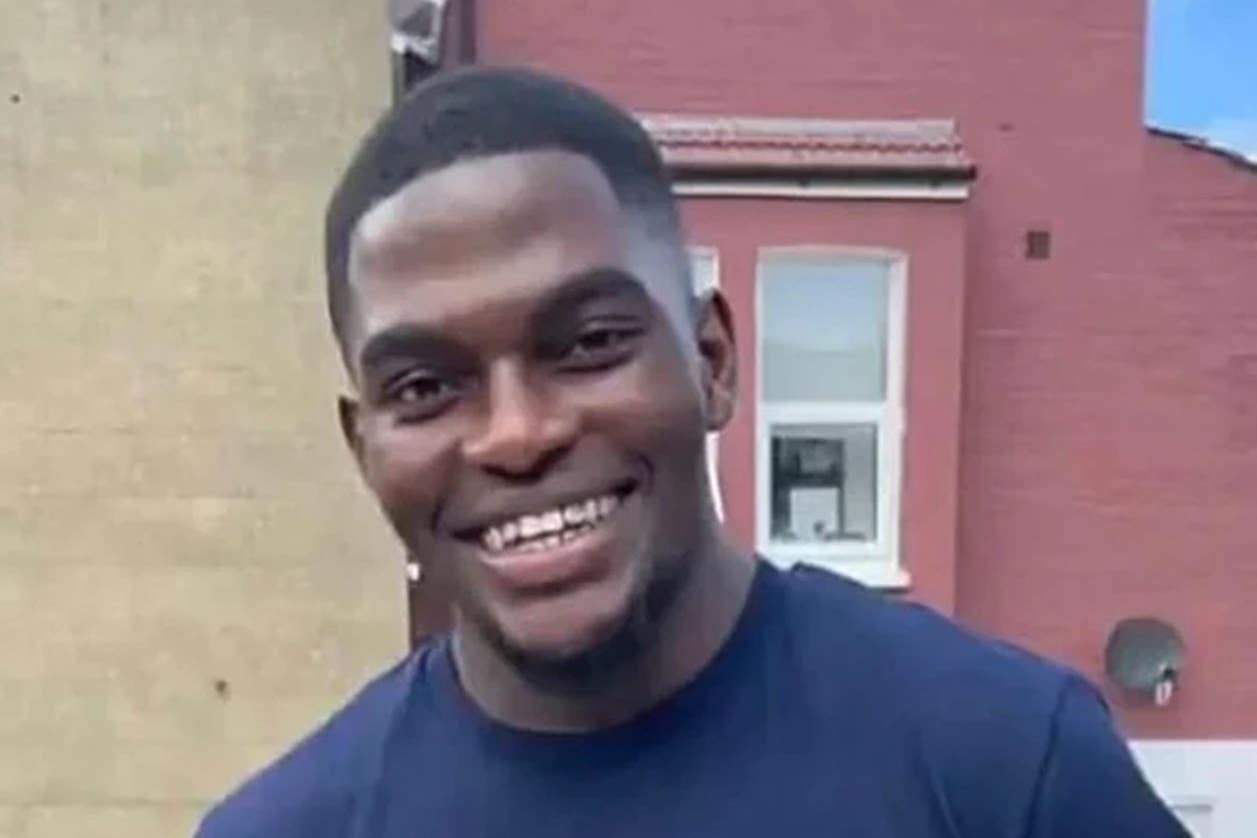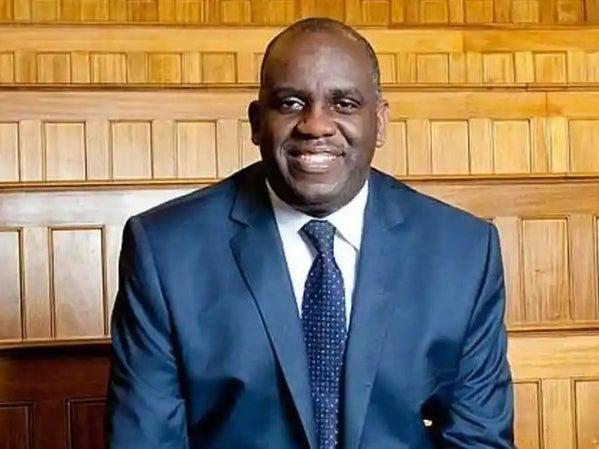‘UK is institutionally racist’, United Nations warns as ministers urged to act
Austerity measures have exacerbated racism and discrimination against people of African descent, experts said
Your support helps us to tell the story
From reproductive rights to climate change to Big Tech, The Independent is on the ground when the story is developing. Whether it's investigating the financials of Elon Musk's pro-Trump PAC or producing our latest documentary, 'The A Word', which shines a light on the American women fighting for reproductive rights, we know how important it is to parse out the facts from the messaging.
At such a critical moment in US history, we need reporters on the ground. Your donation allows us to keep sending journalists to speak to both sides of the story.
The Independent is trusted by Americans across the entire political spectrum. And unlike many other quality news outlets, we choose not to lock Americans out of our reporting and analysis with paywalls. We believe quality journalism should be available to everyone, paid for by those who can afford it.
Your support makes all the difference.Racism in the UK is systemic and eroding the rights of Black people, a group of United Nation experts have warned following a landmark tour of the country.
The experts documented the “trauma” felt by people of African descent who they said were suffering racial discrimination and injustice, with one woman asking: “Will this ever end?”.
They also found that a decade of austerity measures had exacerbated racism, racial discrimination and other intolerance people of African descent encounter, which had an adverse impact on their fundamental rights, the experts observed.
“From the perspective of people of African descent, racism in the UK is structural, institutional and systemic, the group said in a statement.
“We have serious concerns about impunity and the failure to address racial disparities in the criminal justice system, deaths in police custody, ‘joint enterprise’ convictions and the dehumanising nature of the stop and strip search,” they added.
The findings from the Working Group of Experts on People of African Descent, which is part of the UN’s Human Rights Council, come following the conclusion of a “fact-finding visit” to the UK and Northern Ireland between 18 to 27 January.
The group met members of the public, campaigners, lawyers and politicians to identify challenges faced by Black people and to make recommendations for how these could be resolved.
The experts pointed out that for Black people’s experiences with state and public institutions, the private sector and society were marred by the perpetuation of racial hierarchies.
“Racialised acts targeting people of African descent have remained steadfast, and the experience is similar across different parts of the UK,” the experts said. “They are victimised and have no assurance of effective redress from authorities or the justice system.”

The group called on the UK government to do more to pay reparations for its role in the transatlantic enslavement and trafficking of African people and “do more to ensure the rehabilitation, restoration, and reconciliation of the state with its people”.
“Streamlining accessible, independent and effective complaint mechanisms to address racism, ensuring police accountability, fair trial guarantees for all persons, and redress to all persons affected by the Windrush scandal are imperative,” said Catherine S. Namakula, chair of the working group.
The UN’s findings come after the working group met bereaved families including relatives of Chris Kaba with BLAM UK; Oladeji Omishore and Sean Rigg, alongside the charity Inquest.
Its director, Deborah Coles, said: “Inquest sees the impact of structural racism across the breadth of our work, from deaths in custody and detention to Grenfell tower fire. We view these deaths within the broader context of policing, imprisonment, immigration, health and legal systems in maintaining and exacerbating racial inequalities and discrimination against Black people.

“The failure to examine the potential role racism in state-related deaths means that it remains invisible and protected from any scrutiny. Black people die disproportionately following police contact and are overrepresented in the prison estate. These deaths consistently expose the racist attitudes of state agents, racial stereotyping, inhumane treatment, the excessive use of force, and the systematic neglect of Black people’s mental and physical well-being.
“To end the continued injustice of contentious deaths of people of African descent, in the short term we must develop focused investigation and oversight on these deaths. In the long term we must divest resources from the criminal justice system to communities and to properly resourced welfare, health, housing, education, and social care.”
It comes after the group rejected the findings of the government-backed Commission on Race and Ethnic Disparities report, authored by Tony Sewell, as an attempt to “normalise white supremacy” in April 2021.
The controversial and widely-contested report said racism was a “real force” but that Britain was no longer a country where the “system is deliberately rigged against ethnic minorities”.

Its chair, Mr Sewell, said it had found no evidence of “institutional racism”, and the report criticised the way the term has been applied, saying it should not be used as a “catch-all” phrase for any microaggression.
The UN experts will present a report with their findings and recommendations to the UN Human Rights Council in September 2023.
A government spokesperson said: “We strongly reject most of these findings. The report wrongly views people of African descent as a single homogeneous group and presents a superficial analysis of complex issues that fails to look at all possible causes of disparities, not just race.
“We are proud that the UK is an open, tolerant and welcoming country but this hard-earned global reputation is not properly reflected in this report. We are not complacent and recognise some people experience racism in Britain, but we are very clear this has no place in our society and must be rooted out.
“The UK government has made great strides in addressing racial and ethnic disparities, most recently with our ground-breaking Inclusive Britain strategy, which is focussed on closing outcome gaps between people from different ethnic backgrounds. Instead of sowing division we must celebrate the fact that this country strives to give everybody, from every community, in every corner of the UK, the opportunity to thrive and succeed.”






Join our commenting forum
Join thought-provoking conversations, follow other Independent readers and see their replies
Comments